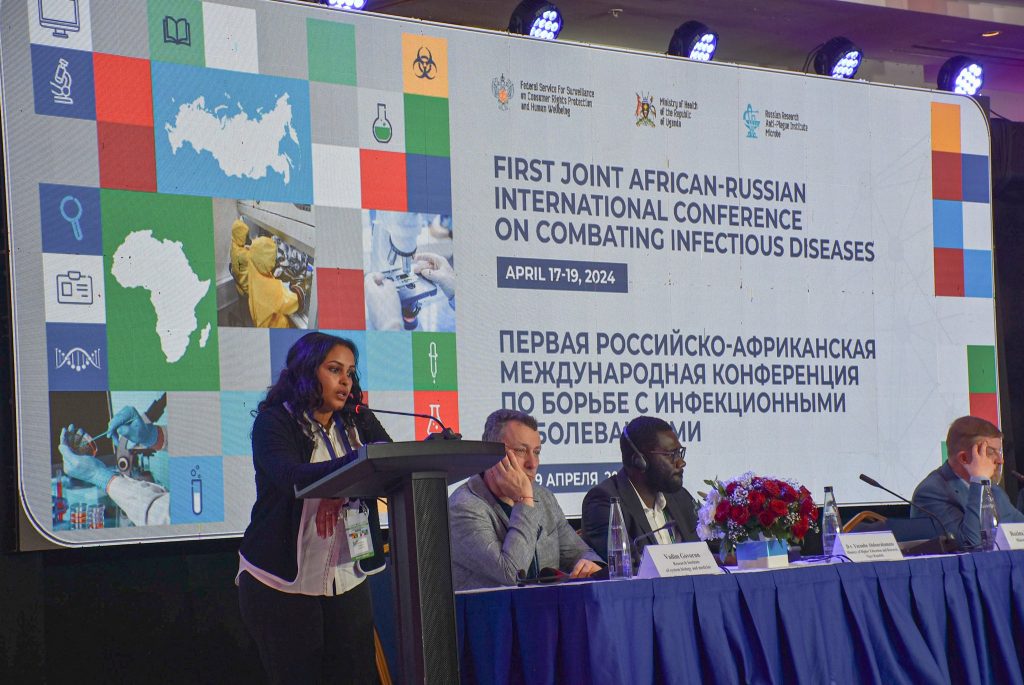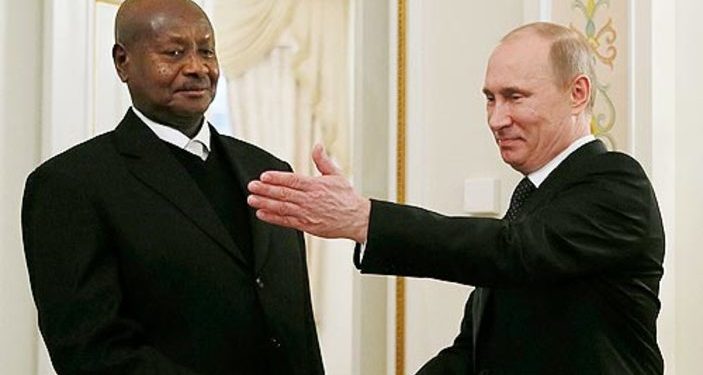In a groundbreaking initiative to combat the escalating challenges of infectious diseases in Africa, the inaugural Russian-African International Conference on Combatting Infectious Diseases commenced on Wednesday in Uganda, heralding a significant collaborative effort.
Russian President Vladimir Putin conveyed a heartfelt message to the participants, organizers, and guests, underscoring the importance of this pioneering event.
Held in the vibrant Ugandan capital, Kampala, the conference brings together government officials, medical experts, epidemiologists, and microbiologists from 20 nations, reflecting a robust international partnership. The gathering serves as a pivotal platform for dialogue and the exchange of crucial knowledge and strategies to address infectious diseases, particularly those endangering vulnerable populations in Africa.
President Putin emphasized the conference’s significance, stating, “This representative event builds upon the initiatives outlined at the second Russia–Africa Summit convened in St. Petersburg last year.” He reiterated the pressing need for enhanced medical, scientific, and technological capabilities to safeguard public health against the persistent threat of new epidemics.
Under the auspices of Uganda’s Ministry of Health, the conference witnessed the presence of Permanent Secretary Dr. Diana Atwine and Director General Henry Mwebesa on Wednesday.
Dr. Atwine expressed her optimism that the summit would mark the commencement of increased cooperation with Moscow in the realm of healthcare.
Russia has demonstrated its commitment to active collaboration by initiating a program in 2023 aimed at bolstering the sanitary and epidemiological well-being of African nations.

This multifaceted initiative encompasses the delivery of 10 mobile high-containment biological laboratories, the training of over 350 African specialists, and joint scientific research endeavors to effectively combat infectious disease threats.
The conference serves as a vital platform for participants to share professional insights and experiences in preventing and managing outbreaks. Such collaborative endeavors are instrumental in fortifying healthcare infrastructure to effectively respond to current and future health challenges.





